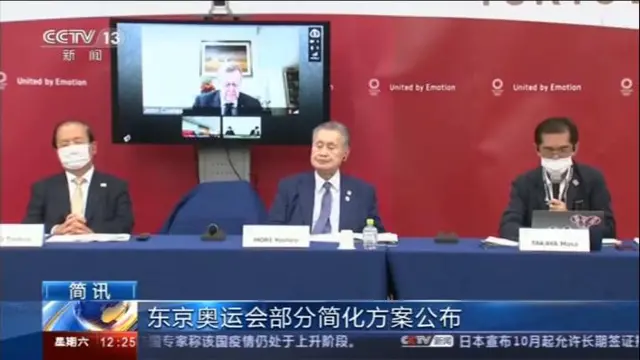By APD writer Lu Jiafei
On the very day when Donald Trump was set to celebrate the first anniversary of his inauguration at his private estate at Florida, U.S. Congress gave him a present: a government shutdown. It was the first one since 2013.
Trump’s first year in office came to an end in much the same way it started: bogged down in dysfunction.
To be fair with Trump, the malaise of political dysfunction in Washington long predated his tumultuous presidency. But the turmoil inside this White House is unprecedented, and Trump, the former king of reality TV shows, took dysfunction in U.S. politics to a whole new level.
From the first day of his presidency one year ago, I have been astonished by how Trump and his underlings came to squander the so-called “honeymoon” period, during which the president could take meaningful action before partisan headwinds start to chip away his political capital.
One of the key features of Trump’s presidency so far has been his eagerness to feud with the “very dishonest media,” as dubbed by himself, and this antagonism has exhausted the Trump White House.
Since Day One, the Trump team has remained lavish in allocating more air time to vilifying media’s fact-check of Trump’s statements, unprecedentedly tinged with falsehoods, than to articulating the administration’s policies.
On several occasions, the White House’s frustration of media’s aggressive fact-checking was almost tangible. But Trump should take blame for the publicity mess.
For a president unusually prone to obfuscation and peddling falsehoods, media’s check is not just annoying. It undermines Trump’s legitimacy. And to safeguard his legitimacy, Trump chose to fight, instead of governing.
Another factor that almost paralyzed Trump’s young presidency at an early stage was the seemingly incessant leaks of internal intelligence, usually more embarrassing than harmful to the White House.
As a result, the bellicose but thin- skinned president started a witch- hunt inside his administration only months into his presidency.
At the height of Trump’s animus towards leaking- when the Washington Post quoted current and former U.S. intelligence officials as saying that Trump shared highly classified and sensitive information with Russia’s foreign minister during an Oval Office meeting- the White House even publicly entertained the “deep state” theory, questioning whether actors working from inside the intelligence community were attempting to undermine the president.
Every U.S. president suffers from leaks. But because of his failure to carry out a long overdue administration housecleaning and to fill the vacancies with people who share his agenda, Trump was causing the governing paralysis on his own.
Lastly, it was Trump’s staggering tendency to frequently contradict himself on policies that has contributed greatly to the latest round of paralysis in Washington.
The hope of striking a bipartisan proposal on immigration started earlier this month when Trump, meeting with lawmakers on TV, singled that he would support such bipartisan effort even if that would mean to “take all the heat.”
Later, he soon revealed his changeability on the issue, using again hardline language to disparage immigrants from poor countries.
Mitch McConnell, the Senate majority leader and a Republican from Kentucky, summed up better than anyone else how Trump’s erratic and contradictory statements has aggravated dysfunction in Washington.
On Jan. 17, two days before the government shutdown, in a rare move that indicated his frustrations with Trump, McConnell said that he was looking for something that Trump supports, but “he (Trump) has not yet indicated what measure he is willing to sign.”
“As soon as we figure out what he is for, then I would be convinced that we were not just spinning our wheels,” said McConnell.
Unfortunately, with Trump as the president, Washington is doomed to spin the wheels three more years at best.
Lu Jiafei, researcher of APD Institute. After spending one year in Palestine covering the Israeli-Palestinian conflict between 2013 and 2014, Lu moved to Washignton, D.C. and covered the 2016 U.S. presidential election till the very end of Donald Trump’s upset victory. He is a political contributor to APD.
(ASIA PACIFIC DAILY)
 简体中文
简体中文






